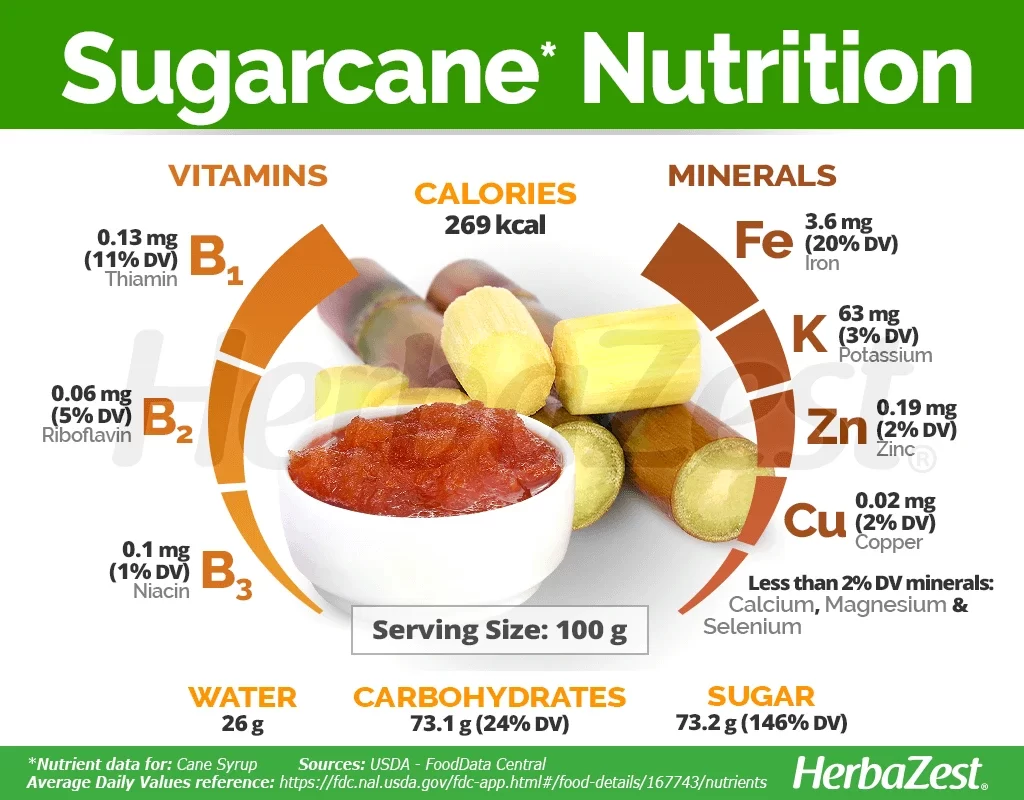Currently Empty: $0.00


Exploring the health benefits of using natural sweeteners in our daily lives.
Understanding the Differences Between Natural and Artificial Sweeteners
Natural sweeteners, such as honey, maple syrup, and stevia, are derived from plants and are minimally processed. On the other hand, artificial sweeteners are synthetic sugar substitutes that are created in a laboratory.
One key difference between natural and artificial sweeteners is their source. Natural sweeteners are obtained from nature, while artificial sweeteners are chemically manufactured.
Another difference is the taste. Natural sweeteners often have a distinct flavor profile that can enhance the taste of food and beverages, while artificial sweeteners may have a different taste or an aftertaste.
Furthermore, natural sweeteners are generally considered to be healthier options compared to artificial sweeteners. Natural sweeteners contain additional vitamins, minerals, and antioxidants, whereas artificial sweeteners are often devoid of any nutritional value.
Understanding these differences can help consumers make informed choices when it comes to sweetening their food and drinks.
The Rise of Natural Sweeteners in Health Trends
In recent years, there has been a significant shift towards using natural sweeteners in the pursuit of better health. This can be attributed to several factors.
Firstly, consumers are becoming more health-conscious and are actively seeking alternatives to refined sugar and artificial sweeteners. Natural sweeteners provide a way to satisfy sweet cravings without the negative health effects associated with excessive sugar consumption.
Secondly, the rise of natural and organic food movements has contributed to the popularity of natural sweeteners. People are increasingly opting for whole, unprocessed foods, and natural sweeteners align with this desire for clean eating.
Lastly, the growing body of research highlighting the potential dangers of artificial sweeteners has also influenced the shift towards natural sweeteners. Studies have suggested that artificial sweeteners may have negative effects on metabolism, gut health, and even weight management.
Overall, the rise of natural sweeteners in health trends reflects a growing awareness of the importance of choosing healthier alternatives for sweetening purposes.
Exploring the Health Benefits of Natural Sweeteners
Natural sweeteners offer a range of health benefits that make them an attractive choice for consumers. Some of these benefits include:
– Nutritional value: Unlike refined sugar and artificial sweeteners, natural sweeteners often contain vitamins, minerals, and antioxidants that can contribute to a balanced diet.
– Lower glycemic index: Natural sweeteners like stevia and monk fruit have a lower impact on blood sugar levels compared to traditional sugar, making them suitable for individuals with diabetes or those watching their blood sugar.
– Potential weight management support: Some natural sweeteners, such as erythritol and xylitol, provide sweetness without adding extra calories, making them a popular choice for those looking to manage their weight.
– More sustainable sourcing: Natural sweeteners like honey and maple syrup are derived from renewable resources, making them a more environmentally friendly option compared to artificial sweeteners.
By incorporating natural sweeteners into their diet, individuals can enjoy the sweet taste they crave while also reaping these health benefits.
Tips for Incorporating Natural Sweeteners into Your Diet
If you’re interested in incorporating natural sweeteners into your diet, here are some tips to help you get started:
– Experiment with different options: There is a wide variety of natural sweeteners available, each with its own unique flavor profile. Try different options like honey, maple syrup, stevia, or monk fruit to find the ones that suit your taste preferences.
– Gradually reduce your reliance on refined sugar: Start by gradually reducing the amount of refined sugar you use in your recipes and beverages. Replace it with small amounts of natural sweeteners until your taste buds adjust.
– Be mindful of portion sizes: While natural sweeteners offer health benefits, they should still be consumed in moderation. Pay attention to portion sizes to avoid excessive intake of calories or sugar.
– Read labels carefully: Some products marketed as ‘natural’ may still contain added sugars or artificial sweeteners. Read the labels carefully to ensure you’re choosing products that truly contain natural sweeteners.
Incorporating natural sweeteners into your diet can be a gradual process, but with time, you’ll discover new flavors and enjoy the health benefits they provide.
Potential Risks and Side Effects of Artificial Sweeteners to Avoid
While natural sweeteners offer health benefits, it’s important to be aware of the potential risks and side effects associated with artificial sweeteners. Some of these include:
– Increased cravings: Artificial sweeteners can sometimes lead to increased cravings for sweet foods and beverages, which can sabotage efforts to maintain a healthy diet.
– Disruption of gut health: Studies have suggested that artificial sweeteners may negatively impact the balance of gut bacteria, which can have implications for overall health and digestion.
– Metabolic effects: There is some evidence to suggest that artificial sweeteners may interfere with metabolic processes, potentially leading to weight gain or metabolic disorders.
– Allergic reactions: Certain artificial sweeteners, such as aspartame, have been associated with allergic reactions in some individuals.
To minimize the potential risks, it’s recommended to limit the consumption of artificial sweeteners and opt for natural alternatives whenever possible.



